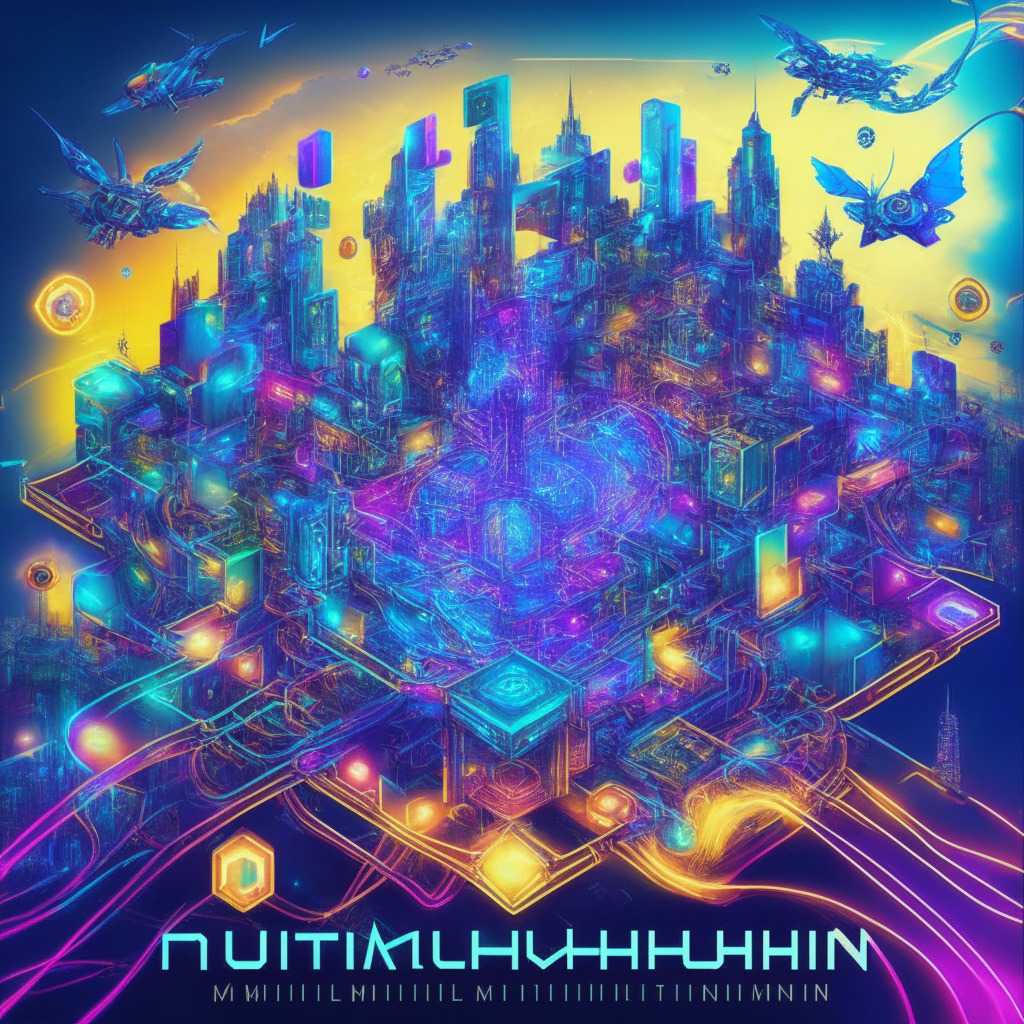The recent study by a team of researchers at the Singapore University of Social Sciences delving into decentralized autonomous organizations (DAOs) has brought forward an insightful appraisal of current DAO voting mechanisms. The team aimed to pinpoint the most efficient existing voting scheme, analyzing various techniques, and considering a new integrated paradigm to surpass the efficiency of the status quo.
In their paper, “Voting Schemes in DAO Governance,” the researchers scrutinized eight popular voting techniques, assessing their strengths and weaknesses. These include token-based quorum voting, quadratic voting, weighted and reputation-based voting, knowledge-extractable voting, multisig voting, holographic consensus, conviction voting, and rage quitting voting.
Each voting scheme was evaluated based on efficiency (proposal selection and approval speed), fairness (with respect to voter equality), scalability (ability to adjust storage/computation/communications according to voter count), robustness (resilience against attacks and collusion), and incentive schemes (influence on voter behavior). The “holographic consensus” received the highest aggregate ratings, scoring high in all categories except “robustness.”
As the analysis unfolded, the researchers embarked on designing a hypothetical voting mechanism to create a purely decentralized and permissionless DAO governance system. The new scheme aimed to accelerate conviction voting with a holographic mechanism. The team introduced a blind betting mechanism where members could choose to bet on any proposal with a specific number of tokens, addressing the downside of conviction voting mechanism taking considerable time to approve urgent proposals.
This blind betting mechanism would enable stakeholders to bet tokens against a proposal’s passing or veto, potentially increasing the overall speed and robustness of DAO governance. Depending on the outcome, the proposal would either speed up or slow down.
In addition, the team proposed an incentive scheme where those betting “veto” would forfeit their tokens if consensus favored those voting “pass,” and vice-versa. According to the researchers, such a scheme would ensure stakeholders are incentivized to submit better proposals with higher chances of passing and getting rewarded, accelerating the processing of urgent and well-regarded proposals.
While the researchers acknowledge that their proposed scheme is not without flaws and may face implementation challenges, it surpasses the current efforts in design and innovation. The study ultimately seeks to inspire further innovative design thinking in the realm of DAO governance, making a notable contribution to the ongoing discourse in the blockchain community.
Source: Cointelegraph




